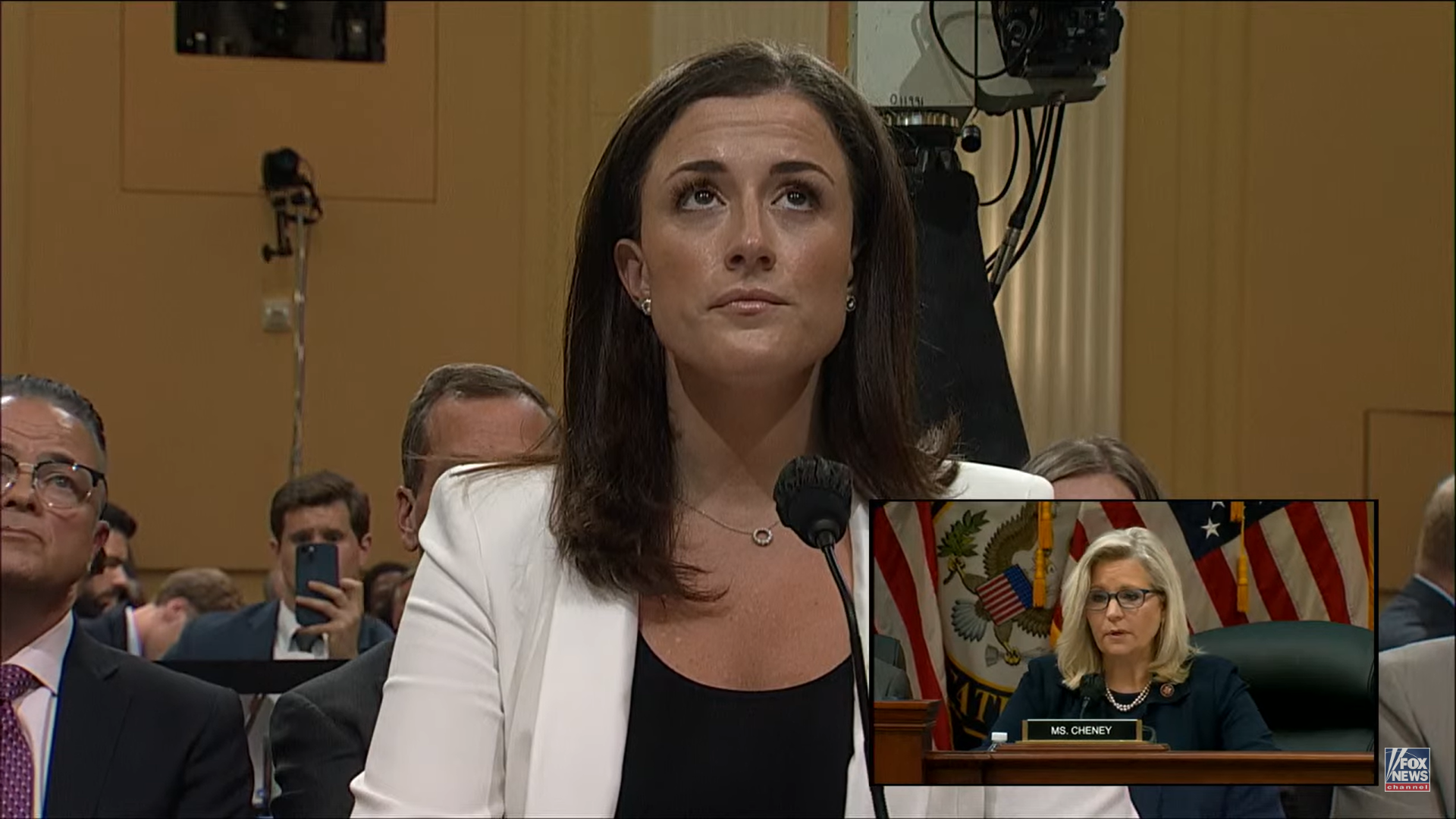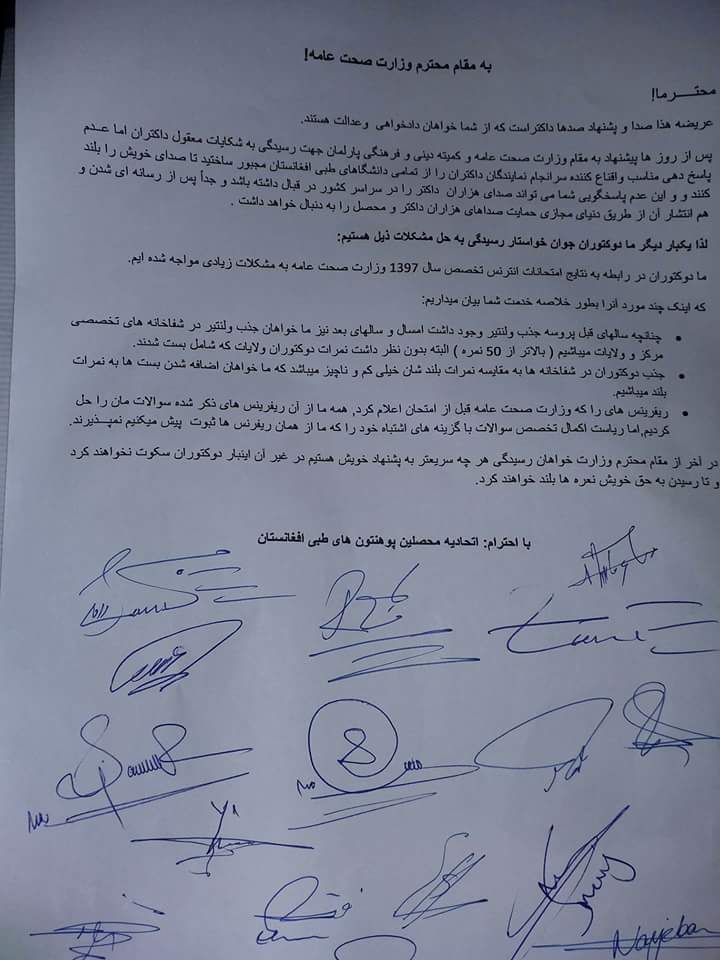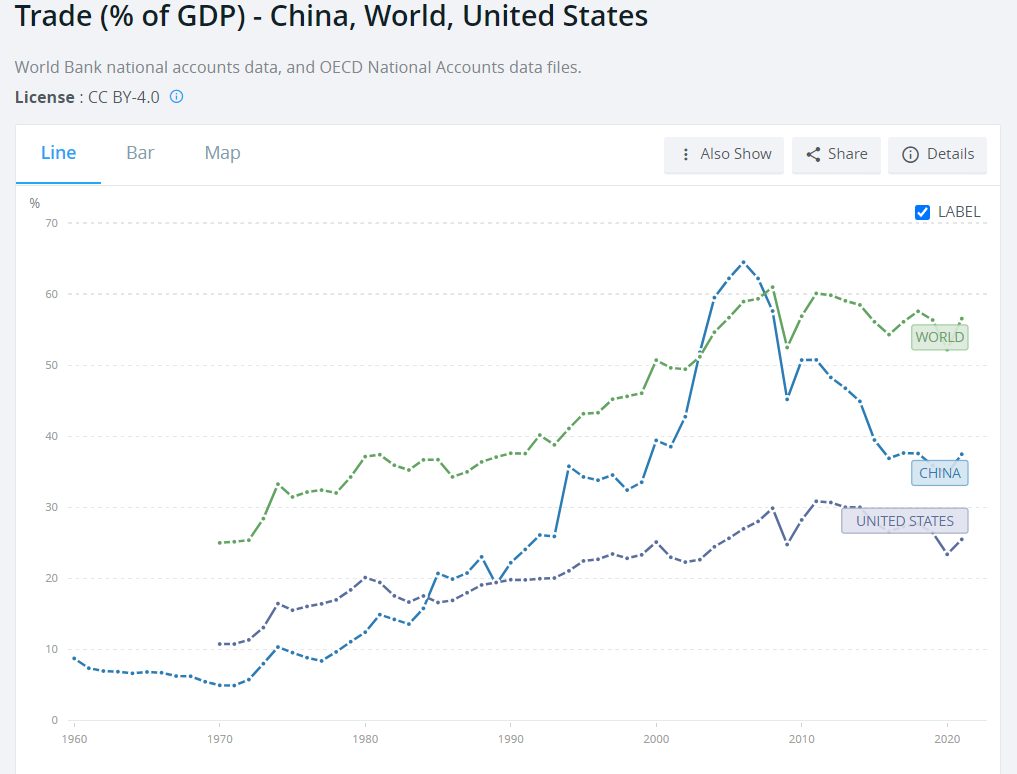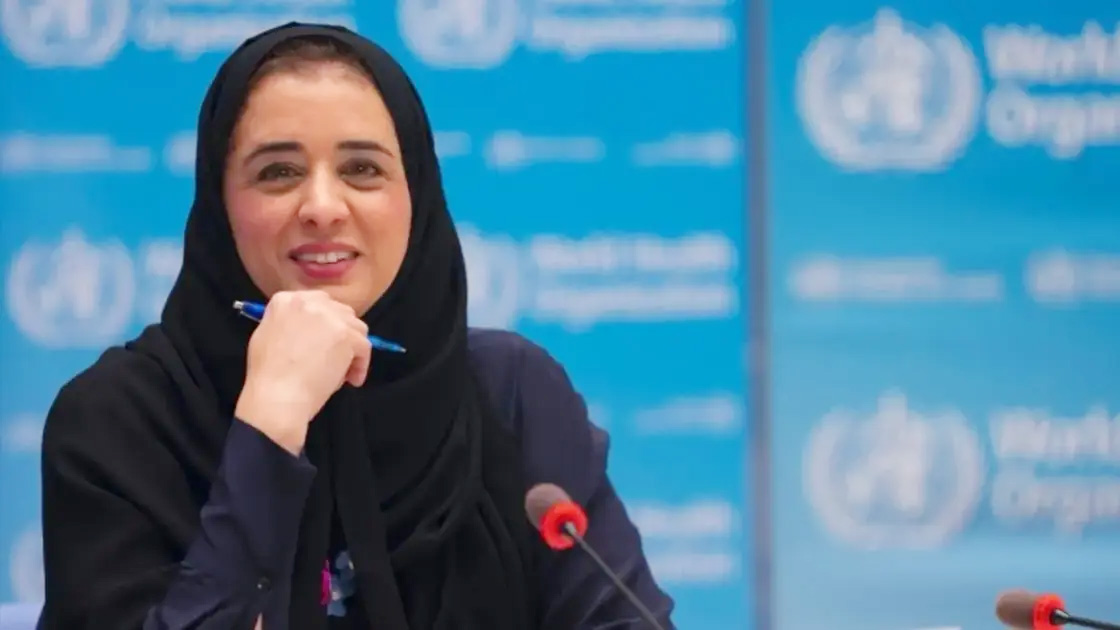India's Deepest Strikes Into Pakistan: A 50-Year Retrospective

Table of Contents
The 1971 War and its Aftermath: A Pivotal Moment
The 1971 Indo-Pakistani War stands as a watershed moment in the history of the region, fundamentally altering the geopolitical map of South Asia. The conflict, triggered by the Pakistani crackdown on Bengali nationalists in East Pakistan (present-day Bangladesh), led to a large-scale refugee crisis and widespread humanitarian suffering. India's intervention, in support of the Mukti Bahini (the Bengali independence movement), resulted in military operations that extended deep into West Pakistan.
- Scale of Indian military operations: The Indian military launched a multi-pronged offensive, encompassing air, land, and naval operations, encompassing a significant portion of Pakistani territory.
- Strategic objectives achieved: The war resulted in the liberation of Bangladesh and a decisive military victory for India, significantly altering the power dynamics in the region.
- Impact on the geopolitical map of South Asia: The creation of Bangladesh dramatically reshaped the South Asian map, leading to a new geopolitical reality and significantly impacting the balance of power.
- Long-term consequences for Indo-Pak relations: The war left a lasting scar on Indo-Pak relations, exacerbating existing tensions and fueling mistrust between the two nations. The conflict continues to shape the narrative and strategic calculations of both countries to this day. Understanding the depth and breadth of these operations is crucial to understanding India's subsequent military actions.
Surgical Strikes of 2016: A New Era of Response?
The 2016 Uri attack, in which militants affiliated with Pakistan-based groups killed Indian soldiers, marked a turning point. India responded with surgical strikes across the Line of Control (LoC), marking a departure from previous responses. These strikes, while shrouded in secrecy, signaled a new era of assertive military response.
- Claimed targets and objectives: The Indian government claimed the strikes targeted terrorist training camps and infrastructure, aiming to preemptively neutralize future threats.
- Use of technology and intelligence: The operations reportedly utilized advanced technology and sophisticated intelligence gathering to achieve pinpoint accuracy.
- Domestic political impact in both India and Pakistan: The strikes generated significant domestic political support in India, but also escalated tensions with Pakistan, leading to a further deterioration in bilateral relations.
- Escalation of tensions and the threat of further conflict: The surgical strikes raised concerns about escalation and the potential for a larger military conflict between the two nuclear-armed neighbors. The depth of the strikes, while not as extensive geographically as the 1971 war, carried significant symbolic weight and strategic implications.
The Balakot Air Strikes of 2019: Retaliation and Escalation
The Pulwama attack in February 2019, a suicide bombing that killed scores of Indian paramilitary personnel, prompted another assertive response from India. India launched air strikes targeting a Jaish-e-Mohammed training camp in Balakot, Pakistan.
- Specific targets and claimed results: India claimed the strikes successfully neutralized a large number of terrorists and disrupted terrorist infrastructure. The exact number of casualties and the extent of damage, however, remain highly contested.
- Use of air power and technological capabilities: The Balakot air strikes demonstrated India's growing air power capabilities and its willingness to utilize them in a cross-border context.
- International reactions and diplomatic efforts to de-escalate the situation: The strikes elicited mixed international reactions, with some nations expressing concern about escalation while others remained largely silent. Diplomatic efforts were undertaken to de-escalate the situation and prevent a wider conflict.
- Assessment of the long-term impact on regional stability: The Balakot air strikes further heightened tensions between India and Pakistan, raising serious questions about regional stability and the risk of accidental escalation.
Analyzing the Doctrine of "Minimum Force"
India's actions in both 2016 and 2019 have been framed within the doctrine of "minimum force," aiming to achieve strategic objectives without sparking a full-scale war. However, the effectiveness of this approach is debatable. While avoiding a larger conflict, these limited strikes have arguably intensified the cycle of retaliation and mistrust. The risks associated with calibrated responses include miscalculation and the potential for escalation beyond what is intended.
The Future of Cross-Border Actions: Implications for Regional Stability
The history of India's deepest strikes into Pakistan underscores a deeply volatile relationship. The future trajectory will depend on several factors, including the handling of terrorism, diplomatic efforts, and the willingness of both countries to engage in meaningful dialogue.
- The role of diplomacy and dialogue: Sustainable peace requires sustained diplomatic efforts and a commitment from both sides to address the root causes of conflict through dialogue and cooperation.
- The impact of terrorism on the security dynamic: Cross-border terrorism remains a key driver of tension, necessitating concerted efforts to counter terrorist networks and dismantle their infrastructure.
- The potential for accidental escalation: The risk of accidental escalation remains high given the volatile nature of the relationship and the potential for miscalculation.
- The need for sustainable peace initiatives: Long-term stability requires a shift away from reactive military responses towards comprehensive peace initiatives addressing the underlying issues fueling the conflict.
Conclusion
This retrospective on India's deepest strikes into Pakistan highlights a complex and volatile history. The motivations behind these actions, their execution, and their consequences have profoundly shaped the relationship between these two nuclear powers. While surgical strikes and other forms of assertive military action might offer temporary solutions, lasting peace requires sustained diplomatic efforts and a commitment from both sides to address the underlying causes of conflict. Understanding the history of India's deepest strikes into Pakistan is crucial to navigating the future and preventing further escalation. Continue exploring this critical issue and learn more about the complex dynamics of India's deepest strikes into Pakistan. Further research into the strategic implications of these actions is vital for fostering a more peaceful and stable South Asia.

Featured Posts
-
 Market Volatility Expected As Billions In Bitcoin And Ethereum Options Expire
May 08, 2025
Market Volatility Expected As Billions In Bitcoin And Ethereum Options Expire
May 08, 2025 -
 Cassidy Hutchinsons Account Of January 6th A Forthcoming Memoir
May 08, 2025
Cassidy Hutchinsons Account Of January 6th A Forthcoming Memoir
May 08, 2025 -
 Cryptocurrencys Resilience Amidst Trade Wars
May 08, 2025
Cryptocurrencys Resilience Amidst Trade Wars
May 08, 2025 -
 Xrp Etf Risks The Impact Of High Supply And Limited Institutional Adoption
May 08, 2025
Xrp Etf Risks The Impact Of High Supply And Limited Institutional Adoption
May 08, 2025 -
 Ps 5 Price Hike Looms Where To Find Consoles In Stock
May 08, 2025
Ps 5 Price Hike Looms Where To Find Consoles In Stock
May 08, 2025
Latest Posts
-
 Sht Ky Dykh Bhal Lahwr Hayykwrt Awr Dley Edlyh Ke Jjz Ke Lye Nyy Shwlt
May 08, 2025
Sht Ky Dykh Bhal Lahwr Hayykwrt Awr Dley Edlyh Ke Jjz Ke Lye Nyy Shwlt
May 08, 2025 -
 Dley Edlyh Awr Hayykwrt Jjz Ke Lye Tby Anshwrns Ka Prwgram
May 08, 2025
Dley Edlyh Awr Hayykwrt Jjz Ke Lye Tby Anshwrns Ka Prwgram
May 08, 2025 -
 The Great Decoupling And The Future Of Globalization
May 08, 2025
The Great Decoupling And The Future Of Globalization
May 08, 2025 -
 Lahwr Ke Jjz Kw Sht Ky Nyy Bymh Shwlt
May 08, 2025
Lahwr Ke Jjz Kw Sht Ky Nyy Bymh Shwlt
May 08, 2025 -
 Lahwr Ke Telymy Adarwn Ka Py Ays Ayl Ke Dwran Nya Shydwl
May 08, 2025
Lahwr Ke Telymy Adarwn Ka Py Ays Ayl Ke Dwran Nya Shydwl
May 08, 2025
